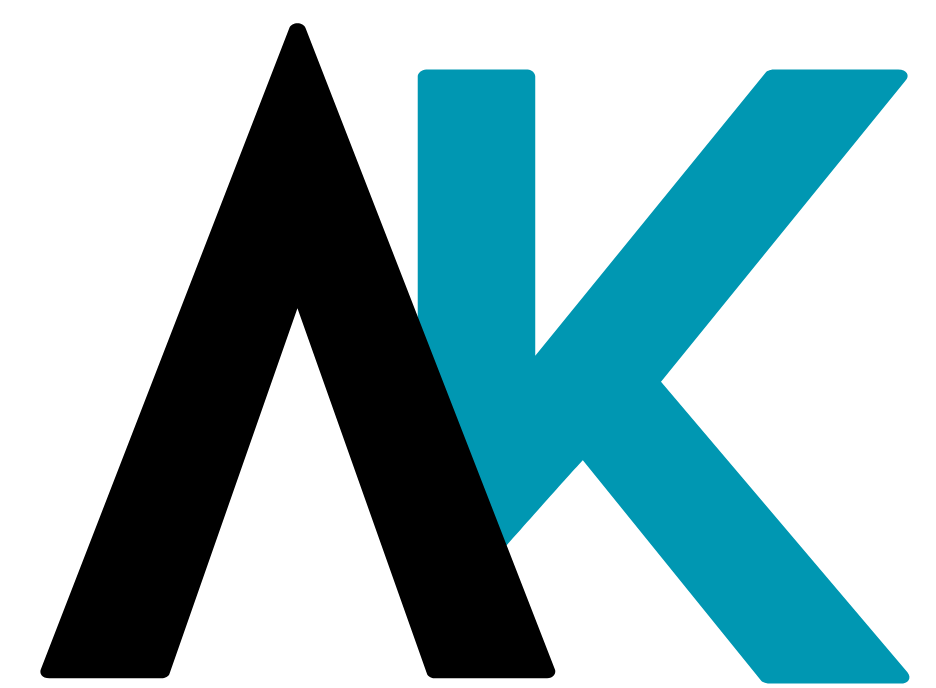Adam Kirkaldy is the only certified MindTime facilitator in the UK, bringing science-backed insight into how people think, decide, communicate, and lead.
MindTime is grounded in decades of research.
Built on a deep understanding of how humans think across time — past, present, and future — MindTime gives individuals and teams the insight to improve communication, collaboration, and decision-making.
Everyone thinks differently – for a reason.
Built on a deep understanding of how humans think across time – past, present, and future – MindTime gives individuals and teams the insight to improve communication, collaboration, and decision-making.
Better thinking leads to better leadership.
By working with thinking styles, not against them, leaders develop clearer communication, stronger trust, and smarter collaboration. That’s when cultures shift – for good.
MindTime goes beyond personality typing or behavioural profiling.
It reveals the internal logic of thought — the time-based mental priorities that drive how people think, communicate, and make decisions. For many, encountering MindTime for the first time can be genuinely eye-opening. It challenges the long-held assumption that others think, act, and are motivated just like we are. Recognising that people prioritise the past, present, or future in fundamentally different ways can be both confronting and liberating — a shift that often changes how leaders engage with their teams forever.
This awareness isn’t abstract theory — it’s grounded in neuroscience and decades of research. Most importantly, it provides a tangible, practical way to foster better communication, psychological safety, and purposeful leadership.
MindTime isn’t just an add-on — it’s embedded throughout the course as a powerful framework for understanding how people think, communicate, and make decisions. Delegates receive their personal MindTime profile and report early in the course, helping them to reflect on their leadership style, stress responses, and communication preferences. Each module then builds on this insight, showing how different thinking styles influence delegation, performance management, time use, emotional intelligence, and more. The result? More self-aware, confident managers who can lead and collaborate with greater empathy and clarity.



